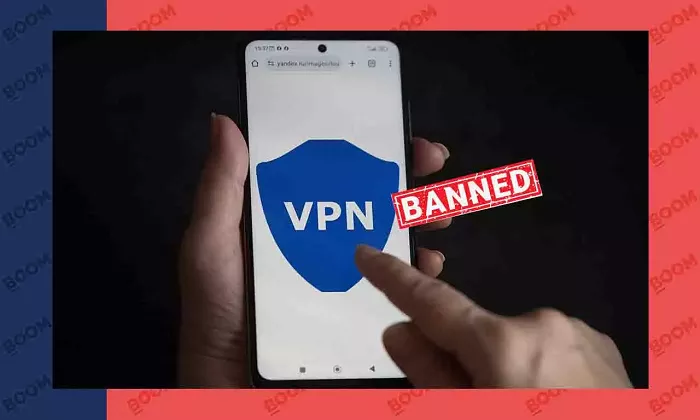Authorities in Jammu and Kashmir’s Doda district have imposed a two-month ban on the use of Virtual Private Networks (VPNs) starting May 2, invoking Section 163 of the newly enacted Bharatiya Nagarik Suraksha Sanhita (BNSS), 2023. The move follows the April 22 Pahalgam terror attack and is aimed, officials say, at curbing threats to public order and national security.
The ban applies to all individuals, institutions, internet service providers, and cyber cafes in the district. Police confirmed on May 16 that several people had already been detained for violating the order.
But the crackdown has prompted strong criticism from legal experts and digital rights advocates, who argue the order is constitutionally questionable, lacks proper legal basis, and sets a dangerous precedent.
Legal Experts: Section 163 Not Applicable
Critics argue that Section 163, modeled after the now-repealed colonial-era Section 144 of the Indian Penal Code, cannot legally be used to block VPN usage.
“The IT Act already occupies the legal field,” said Talha Abdul Rahman, Advocate-on-Record at the Supreme Court. “If Parliament hasn’t criminalized VPNs, no magistrate can suddenly outlaw them.”
Rahman added that VPNs are neutral tools and should not be preemptively restricted unless there is direct evidence linking their use to illegal activity.
LIRNEasia research fellow Pranesh Prakash echoed this view, noting that even if VPNs are treated as a telecommunications issue, regulatory action must come through the Department of Telecommunications—not district magistrates. “Emergency digital restrictions require a clear legal route, which was not followed here,” he said.
Proportionality and Privacy Concerns Raised
Both Rahman and Prakash questioned the proportionality of the VPN ban.
“Blocking access to tools like VPNs is an extreme step when more targeted solutions could address the actual risks,” Prakash said.
Rahman highlighted that privacy is a constitutional right under Article 21, affirmed in K.S. Puttaswamy vs Union of India (2017). He warned against the erosion of privacy under the guise of national security, adding, “Citizens cannot be treated as if they live in a glass house, open to the prying gaze of the State.”
Judicial and Government Support for VPNs
Despite the Doda administration framing VPNs as a threat, Indian courts and government agencies have supported their legitimate use.
- In Anuradha Bhasin vs Union of India (2020), the Supreme Court emphasized that internet access is integral to freedom of speech under Article 19(1)(a).
- CERT-In, India’s cyber emergency response agency, has repeatedly recommended VPNs for secure remote access and protection against cyber threats.
Prakash noted the impracticality of selectively blocking “bad” VPN use without impacting legitimate users. “You can’t enable only the good users. Any such attempt will inevitably affect both sides,” he said.
Outlook: Legal Challenges Possible
While Doda’s administration maintains the move was necessary in the aftermath of a terrorist incident, the ban may face legal scrutiny if challenged in court. Both precedent and principle suggest that restrictions on digital freedoms must be lawful, necessary, and proportionate—criteria many believe this ban fails to meet.


